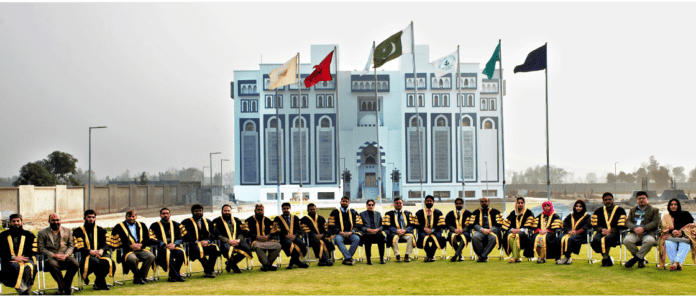Akhuwat College Kasur is a free residential college for boys in Lahore. Currently around 60 acres with aspirations to attain university status. The charter application is underway, and while we presently offer education programs from 8th to 10th grade for local underprivileged youth, plans are in place for higher-level programs. In the junior section, students are day scholars hailing from Mustafaabad (previously known as Lalyani) Kasur, and beyond, benefit from quality education. The boarding section focuses on intermediate and BS programs, including pre-medical, pre-engineering, ICS, humanities, BS economics, and BS IT. Affiliated with BISE Punjab and Punjab University, we maintain a student population of 500+, emphasizing both academic and Tarbiyat (moral and spiritual development). The STEM School program, initiated in September 2023, focuses on O-Level education with an inaugural batch of sixteen students.
The success of any program or institute in achieving its goals relies on community engagement at the grassroots level. To foster community development and involvement, the ACK–Shaheen School Program was initiated, providing primary education to students in nearby areas with limited opportunities. Nausheen Afzal, Coordinator of the Shaheen School Program, highlighted the challenges faced by students from impoverished families.
The program, launched in 2018, aims to prepare children for higher education at ACW while raising awareness about the Akhuwat Foundation in the community. Originally for 9th-grade students, it expanded to include 8th-grade students, and plans are in place to start 7th grade in January 2024. The program is for day scholars who receive daily lunches, and the school day extends until 4 PM. The focus is on empowering students to think positively and concentrate on their studies.
The program aims to groom local children in both Urdu and English languages for national and international communication. Currently, 58 students are enrolled, but language barriers and a lack of understanding of science and mathematics have been challenges. Another significant issue is the psychological impact on students due to domestic problems, such as parental conflicts and financial constraints.
To address this, the Fountain House team maintains records of each child’s history and conducts separate sessions for those facing major issues. The team provides regular sessions on aggression management, leading to improvements in students’ behaviour. Despite facing serious cases, such as a suicide attempt, the efforts of the Fountain House team have proven effective in supporting the students. There are several programs for benefitting students as the institution addresses unemployment through skill development programs in video editing, digital marketing, graphics, and web/app development. Additionally, the Akhuwat Mushahida School of Tourism and Hospitality offers a two-year diploma, providing practical experience through internships and international opportunities. This comprehensive approach reflects Akhuwat College Kasur’s commitment to accessible and quality education.
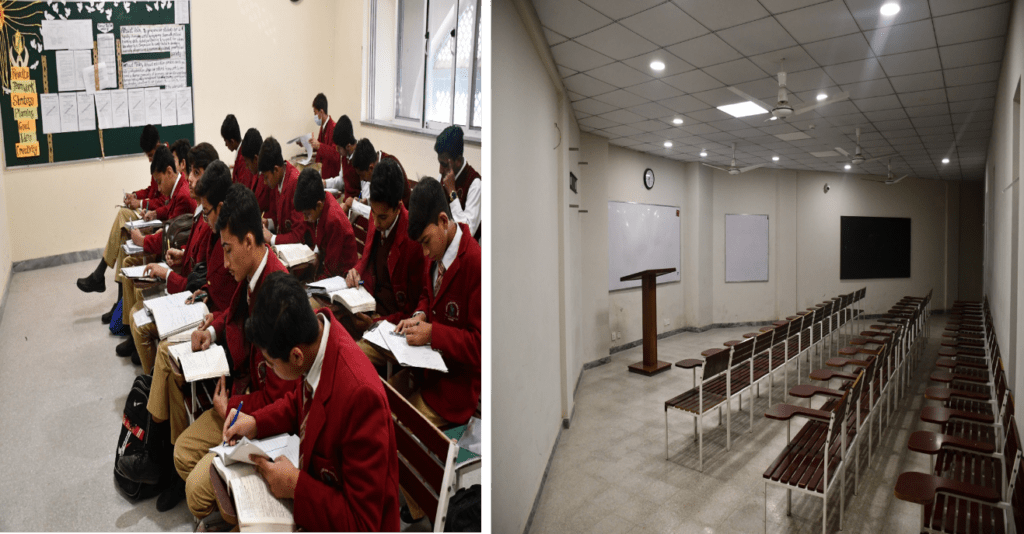
Driven by the vision of Dr Amjad Saqib Sahib, this institution instils values that extend beyond academia, preparing students for challenges in the world outside. This unique blend of education and Tarbiyat (character building) distinguishes this place, acknowledging the significance of other institutions with their missions and values.
In the contemporary landscape, interventions by both the public and private sectors in the education sector have become an imperative need. As we stride into the future, technology and Artificial Intelligence (AI) emerge as pivotal fields for development, demanding substantial investments. Pakistan grapples with challenges such as the burden of a youth bulge and the drain of intellectual resources. Amidst this backdrop, a visit to Akhuwat College Kasur reveals an admirable infrastructure and a commitment to quality education that leaves a lasting impression. The institution stands as a symbol, showcasing the importance of robust educational investments in shaping a progressive and empowered society. In addition to the growing significance of AI and technology, the global hospitality and tourism industry is experiencing heightened demand for skilled labour. In a conversation with Bilal Saeed, Principal of Akhuwat Mushahida School of Hospitality and Tourism, the focus is on the vital role of skilled workers in meeting the expanding demands of the global hospitality and tourism sector.
How does this institution stand out from others in the country, considering your experience with various institutes? As a principal, what initiatives do you aim to implement here?
Differentiation is not merely a tradition but a vital aspect, given the socio-economic background of our students, who hail from an underprivileged segment of society. Our focus goes beyond the customary vision and mission; it revolves around instilling a realization among these students about their unique circumstances. While other institutions also contribute positively, their special quotas and outreach programs cater to a limited number of underprivileged children. In our case, every effort is dedicated to these students. Our distinctiveness lies in providing them with education and a sense of belonging, considering they return to their localities after completing their studies. We hope that they carry the values instilled here back to their communities, navigating the challenges of a less privileged society. We are committed to this conviction, aiming for these students to understand the true meaning of their education and societal responsibilities. The scholarship program offered by Akhuwat further supports their journey, and our robust alumni network remains actively engaged.
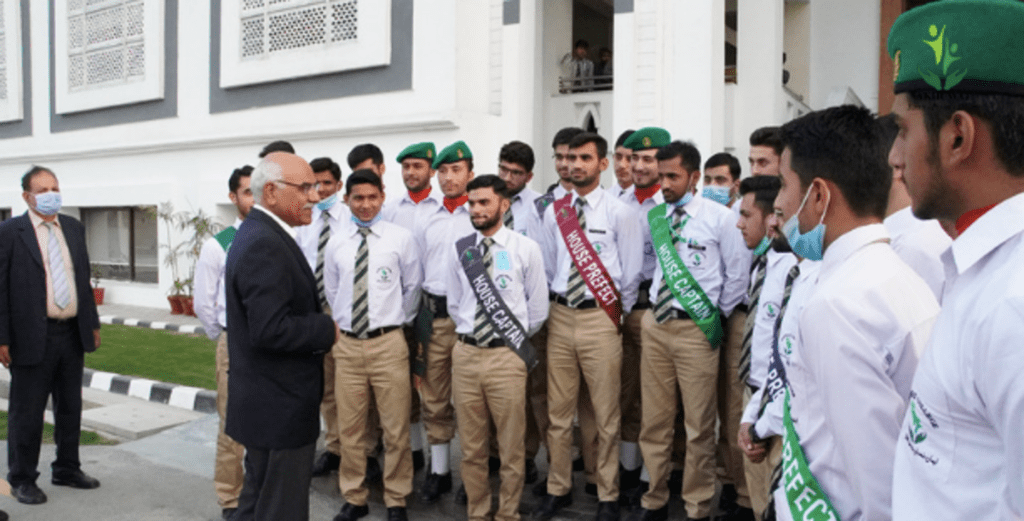
What is the criterion for admission?
Admission is merit-based, with a regional approach, ensuring fairness among students from different provinces. Quotas are established for Punjab, including upper and southern regions, Balochistan, Sindh, AJK, and Gilgit-Baltistan. The admission process involves a standardized test, and merit is determined within each region, allocating 15% of seats to students from all provinces, AJK, and GB.
Upon admission, students receive a comprehensive set of free amenities, covering tuition, books, teaching, hostel accommodation, dining, living essentials, clothing, uniforms, shoes, and even laundry services, facilitated by an on-site cobbler. This holistic support aligns with Dr Amjad Saqib’s vision, mirroring the principles of interest-free microfinance to extend the concept of education without fees.
What was the motivation behind free education services? When Akhuwat invested in education, there was no concept of education loans in Pakistan.
The vision for our students is that upon graduating, they should feel a moral obligation to contribute back to the institution. This involves bringing in one or two students to support them financially once they start earning. We aim to instil in them a sense of responsibility towards the institution’s values. While there is no mandatory financial commitment, many students, out of moral obligation, not only repay the costs incurred during their education but also contribute extra to the institution.
Our unique approach integrates education and personal ethics seamlessly. We maintain discipline without raising our voices or resorting to physical punishment. Instead, we utilize physical activities, such as running laps to address disciplinary issues. Our institution emphasizes both physical and psychological well-being. Students undergo comprehensive screenings, including medical tests, thanks to Rashid Latif Hospital. Additionally, psychological support is provided through a collaboration with Fountain House, supervised by Dr. Amjad Saqib. We dispel misconceptions about psychological screenings, emphasizing their importance for overall well-being.
In addressing the issue of stigma, it is essential to recognize Akhuwat not only as a microfinance entity but also as a foundation. It holds the distinction of being the world’s largest in terms of both the money dispersed and the number of beneficiaries. This signifies our commitment to making a substantial impact on individuals’ lives beyond financial assistance.
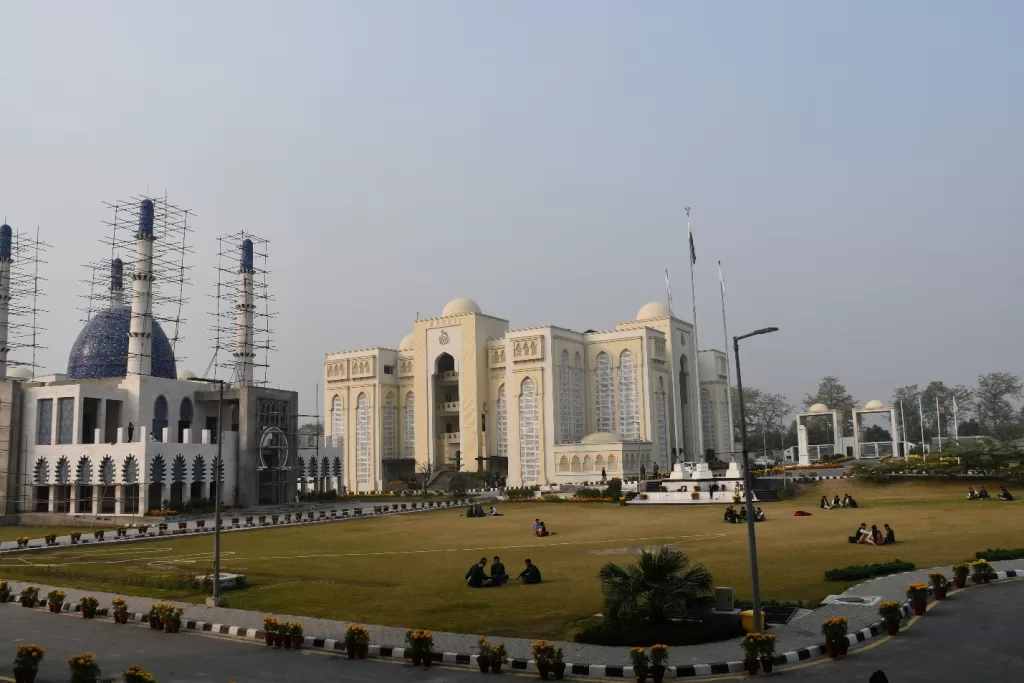
What are the other facilities provided to or any recreational activities outside this campus for students?
We prioritize student interaction through various activities, such as guided tours during entrance, including comprehensive tours of Lahore and visits to heritage sites like the Kasur-Ganda Singh Border Crossing. Our emphasis on tourism aligns with the rich cultural heritage in Lahore, Punjab, and the entire country. Despite abundant potential, Pakistan lacks a clear tourism policy and requires support from the government, public, and private sectors to unleash its full potential.
The COVID-19 pandemic disrupted global travel, but Pakistan, with its large population, capitalized on domestic tourism. People explored local destinations, showcasing the country’s natural beauty and historical sites. This domestic tourism served as a crucial factor in sustaining the economy during the pandemic. Recognizing the significance of this sector, we initiated The Tourism and Hospitality program at our institution.
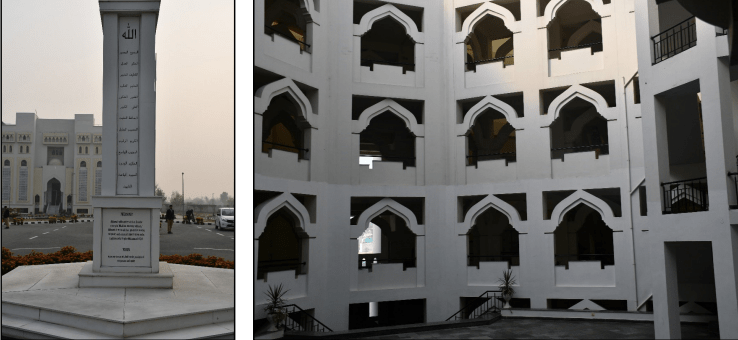
Our program offers a two-year diploma based on international standards, utilizing indigenous curriculum development. Students gain a comprehensive understanding of tourism and its components, allowing them to apply their knowledge globally. The curriculum covers various aspects, including hospitality in hotels, motels, cruise ships, and iconic experiences like the Orient Express on Wheels. We educate students not only on contemporary practices but also from a historical perspective, preparing them for diverse opportunities in the dynamic field of tourism and hospitality.
Why the Akhuwat Mushahida School of Tourism and Hospitality diploma program in the college and what are the criteria for admission?
The induction process for our Tourism and Hospitality program remains consistent, targeting students from underprivileged backgrounds. The World Tourism Council and Organization, a United Nations body, highlight a global demand for 127 to 130 million skilled professionals in the industry, making this program crucial in Pakistan. Students undergo comprehensive training in tourism and hospitality skills, emphasizing practical application.
Our inaugural batch of 31 students is soon completing their two-year diploma, with plans for international internships. Successful candidates will undergo a rigorous selection process for a 6-month internship at Habtoor Hospitality: Luxury Hotels UAE. Evaluation criteria include not just technical skills but also behavioural aspects such as pride, ego, and anger, which are crucial in the global tourism and hospitality sector.
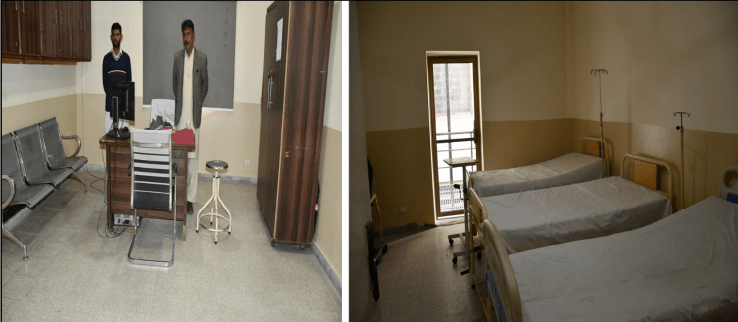
Anticipating positive outcomes, our second and third batches are already underway, maintaining a focus on admitting students from the same underprivileged background. The program’s success relies not only on technical proficiency but also on shaping students’ attitudes, a priority overseen by the department head.
Is there any emphasis on soft skills development like language courses?
We prioritise English language proficiency as a fundamental aspect of our curriculum, recognising its importance for academic and migration purposes, particularly for the IELTS certification. To make this program accessible, I suggested hiring faculty with expertise in IELTS who can teach as visiting faculty. Additionally, we have a dedicated Language Development Program, separate from the regular curriculum. In faculty selection, we emphasize industry experience over higher degrees, especially in fields like Tourism and Hospitality. Our faculty members have a minimum of 15 years of industry and teaching experience. Notably, Dr. Asad Zaman, a prominent figure and former VC of the Pakistan Institute of Development Economics (PIDE), leads our Economics department. His vision extends beyond academia, focusing on integrating students with the market and agriculture, enriching our academic environment.
Dr Ashafaq Ahmed Bukhari, Senior Principal added to the conversation about financial sustainability and future endeavours. Sustainability in finance management at our institution relies entirely on donor support. Our buildings and facilities are often sponsored by individuals or groups who have confidence in our mission.
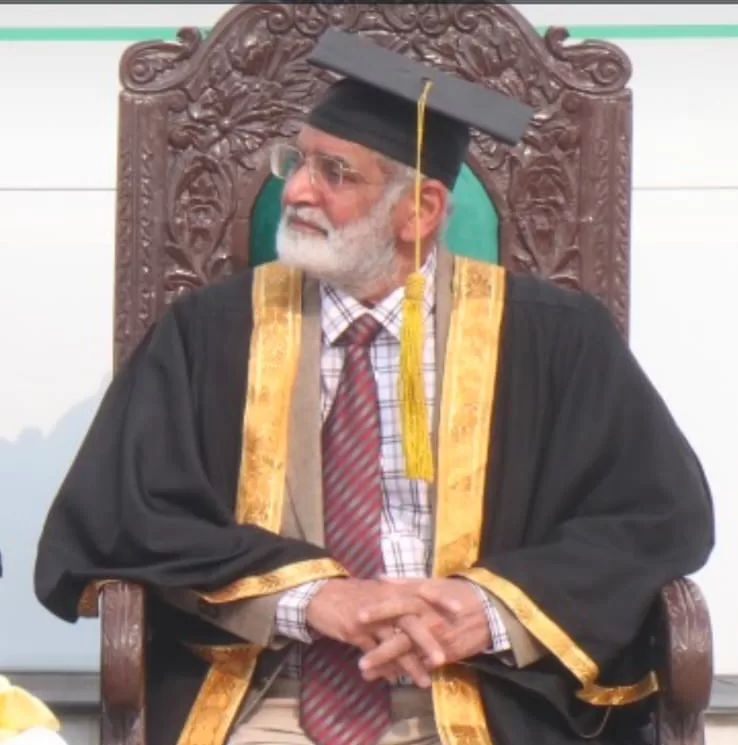
Dr Amjad actively engages in global fundraising efforts, travelling worldwide, even at the expense of his health to secure donations. We have international chapters in North America, Europe, and Australia, and a 2 billion rupee endowment fund commitment pending the government’s university charter announcement.
Credibility is paramount for sustainability. Our transparent financial practices, audited accounts, and registration with the FBR instil trust in donors. The tangible outcomes of their contributions, evident in student development and infrastructure, further strengthen this trust.
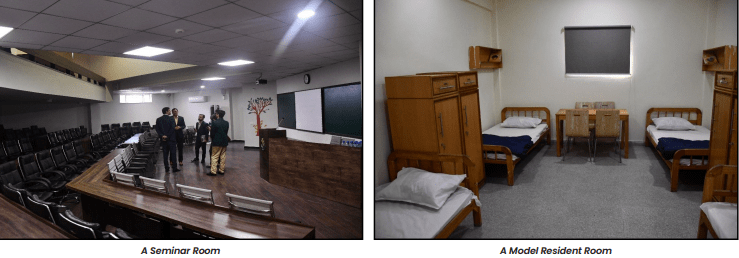
For instance, the Mushahida School of Tourism and Hospitality stands as a testament to the generosity of one donor family. Ultimately, our commitment to transparency and accountability builds and maintains trust, ensuring the continued support of our donors. We aim to maintain our focus on the IT and Economics departments, considering them as the backbone of today’s economy. Dr Amjad Saqib believes in further strengthening these departments, covering essential aspects such as data science and cybersecurity within the IT domain.
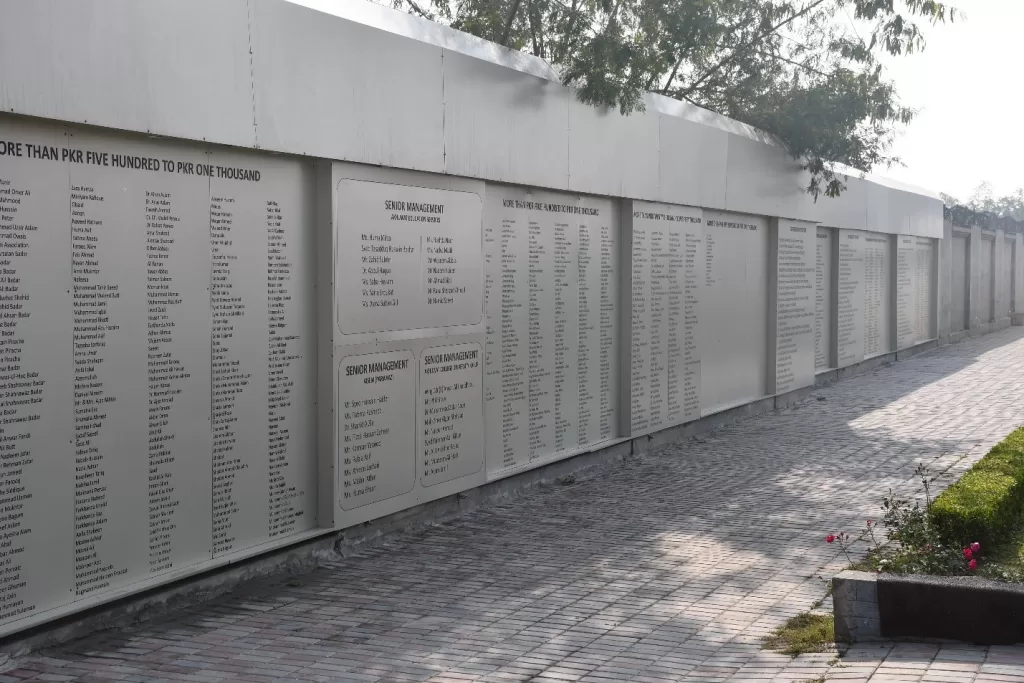
It is a state-of-the-art building where quality education for all and equality in every aspect is assured. All students are hostel residents with the same education, medical, food, and utility access. Nobody is subject to any prejudice as the character building and moral education is a priority. During a focus group discussion, 10 students (FSC and BS IT) shared their views and all of them were content and highly satisfied with the quality of education and resources.
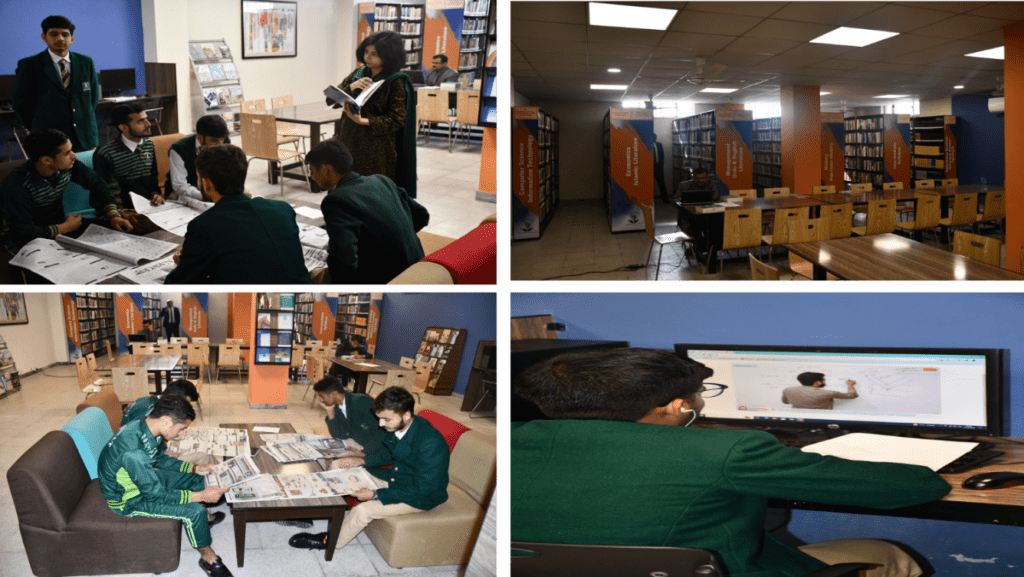
Interestingly, each of them knew an old student who came to ACW and was employed afterwards. Computer labs and resources for students are helpful for their future job market skills. Some students are already engaged in software making and websites. Their confidence and trust in the institution was remarkable and an example for others. Muhammad Iqbal, a student of BS IT is a blogger and he has made his website honeywhiz.com, he believes that self-employment is important because it opens new avenues. I want to do business and I will always support the foundation in future so that other students can join this place.

A common response on the best thing about the college was: there are students from every corner of Pakistan, and we love to learn from each other‘s culture. We have not heard about many places but now we know about Pakistan, we are more informative, and knowledge about hospitality, tolerance, and ethical values has transformed us into better human beings.
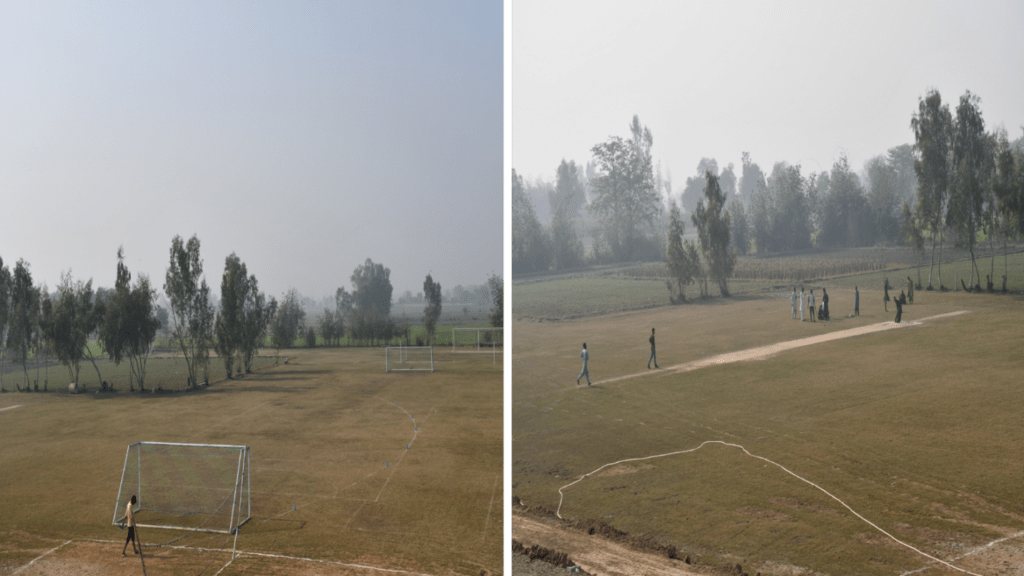
A practical example to instil moral and ethical values in students is the establishment of an Honesty Shop where they can obtain various items such as snacks, stationery, and other small goods. What distinguishes an honesty shop is the absence of a cashier or monitoring personnel overseeing transactions; it operates as a shop without a shopkeeper, functioning as a self-service store for honest individuals. The primary objective of the honesty shop is to instil values of honesty and integrity in the students. They are expected to take the items they require and, in turn, leave the corresponding payment in a designated box or container. The system operates on the honour system, relying on participants to accurately record and submit the appropriate payment for the items they have taken. This innovative concept not only provides convenience to students but also serves as an educational tool fostering a sense of responsibility and ethical behaviour within the college community. The success stories of a few students are shared as follows.
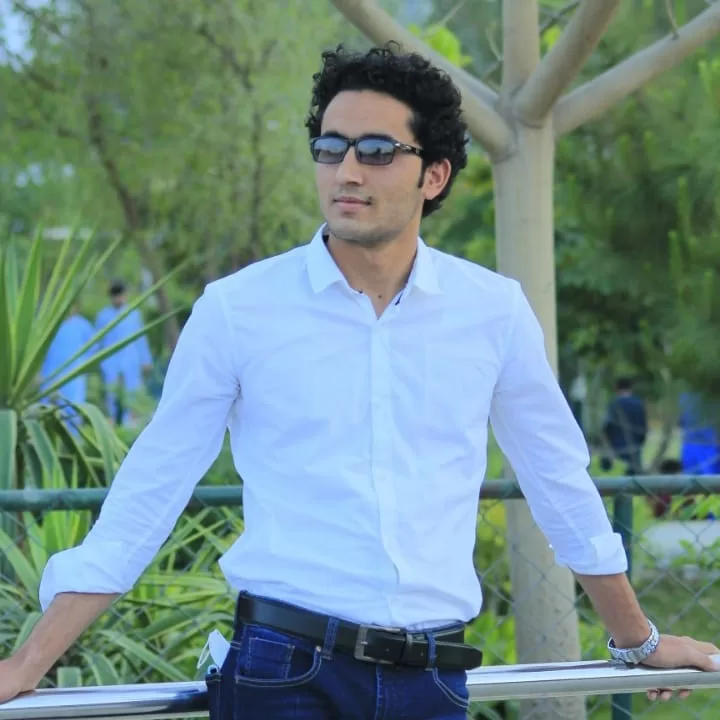
I am Anwar Ayoub Khan, an alumnus of Akhuwat College University Kasur. I belong to Khyber Pakhtunkhwa. I am a second-year MBBS student at one of the most prestigious institutes in Pakistan, Khyber Medical College Peshawar, commonly referred to as KMC. I am grateful to ACUK for its immense support during my studies. It is this esteemed institution that will enable me to serve humanity to the best of my capabilities and skills and bring smiles to people’s faces. It is an honour to be a part of this conspicuously great organization. This top-notch institution provides opportunities to those who want to change their lives. Institutions like ACK are a beacon of hope in the abyss of illiteracy and poverty. It will always knock on your doorstep if you are eager to dive deep into the cosmos of knowledge and the unknown. ACUK is always there to help make the lives of ordinary Pakistanis peaceful and prosperous.
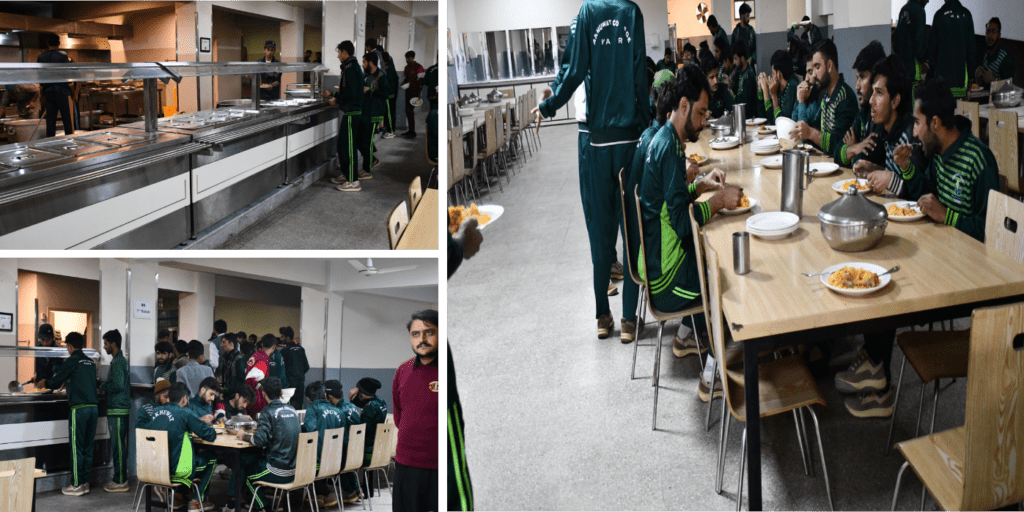
Personally, it provided me with a new perspective in life and enabled me to achieve my goals of a better future. It will always hold a sacred sanctuary in my heart. One of the most stupendous lessons one can learn from being a part of ACUK is its extremely complex simplicity. This prodigious simplicity is the belief that all human beings, regardless of their race, caste, creed, colour, religion, or nationality, are descendants of a common ancestor. Consequently, they should be treated fairly and equitably. ACUK is a living example of such a utopian organization. It is an ideal state in its own right. It is a mini Pakistan, but much better than the real Pakistan. In my opinion, this is a sterling model for Pakistan to follow.
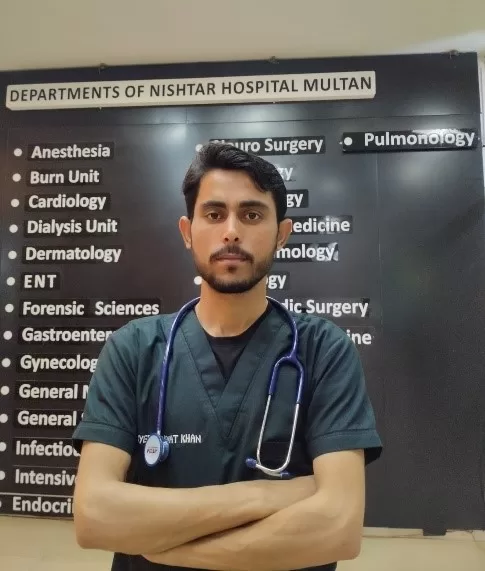
Syed Hidayat Ullah belongs to District, Harnai, Balochistan. He is a student in his final year at Nishtar Medical University Multan. I did my F.Sc pre-medical from Akhuwat College where I learnt the purpose of my life & enabled me to achieve my goals of a better future. I’m very grateful to Akhuwat for its immense support during my studies without its support I would not be able to stand up where I am today. Akhuwat College isn’t just about education – it’s about building well-rounded individuals who are ready to take on the world with a focus on interpersonal skills, humanity, honesty, brotherhood, and diverse cultural exposure. The purpose of “Mini Pakistan” at Akhuwat College, Kasur is to promote diversity and acceptance among students regardless of their caste, race, colour, creed, religion & or nationality are treated fairly and equally based on humanity.
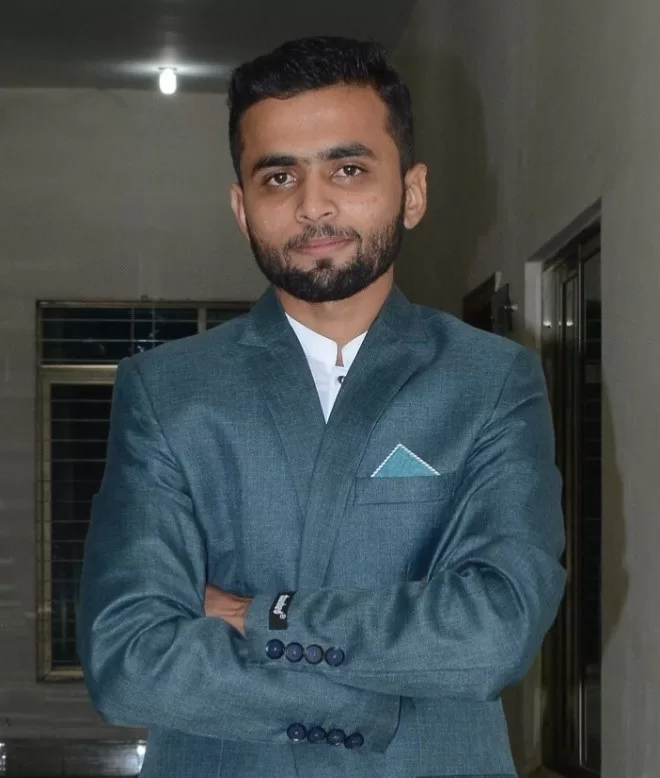
Muhammad Ali Muavia – Veterinary Doctor, belongs to Shorkot Cantt, District Jhang (Punjab). I am deeply grateful for the transformative education and training that I received at Akhuwat College. I am thrilled to announce that I have been contracted as a Veterinary Surgeon at a Pet Hospital in Mauritius following the completion of my Veterinary Medicine Degree. My enduring respect and appreciation for Akhuwat College are rooted in the college’s exceptional faculty, whose mentoring extends far beyond mere academic instruction. These dedicated and accomplished educators possess a remarkable aptitude for instilling in their students invaluable life skills, including interpersonal communication, empathy, and compassion towards others. I am particularly moved by Principal Anwar Ali Chaudhary’s renowned aphorism, “Dress and Address,” which underscores the importance of personal presentation and demeanour towards others.
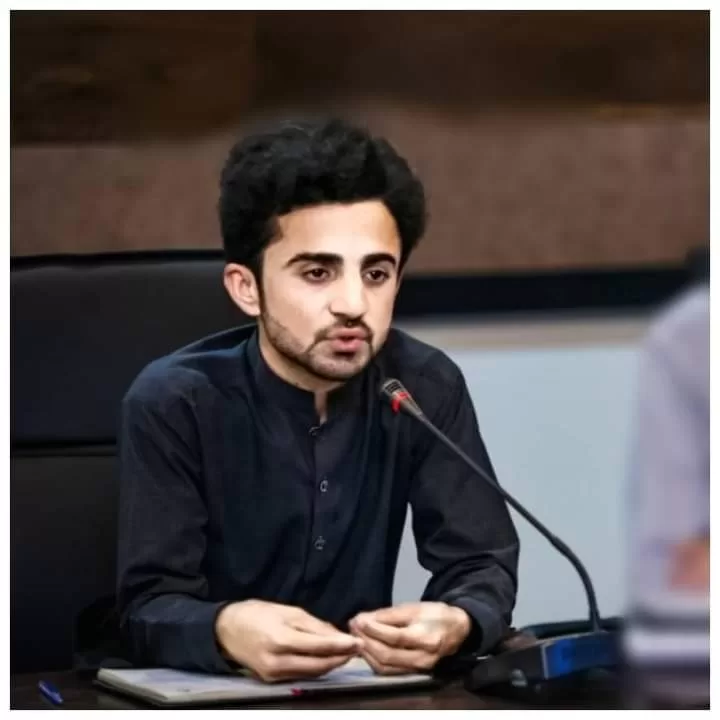
Muhammad Umer Farooq from a Village in Multan, a student of D-Pharmacy at the University of Lahore. I joined Akhuwat back in 2016, and at that time Akhuwat University building was not constructed. There were students from every province. They were speaking multiple languages, following different religions and enjoying one culture that emerged from the brotherhood and Mawakhat of Balochs, Pakhtuns, Sindhis, Baltis, and Punjabis with each other.Students follow daily routine orders at the college. Special attention is given to sports, physical exercises, and co-curricular activities at the campus. I think Akhuwat was not the first step of training and development, it was instead the root system that provided me the nourishment, continuous support, and encouragement to be firm and resolute in my life endeavours. Akhuwat is a paradise where love is the only language. Its building is not made up of bricks and cement; it is made of trust, value and compassion. Akhuwat is the best place I ever lived and the people who are connected with Akhuwat are the creatures of another universe. They keep losses to themselves and share profits with others. They know how to share sorrows and pleasures.
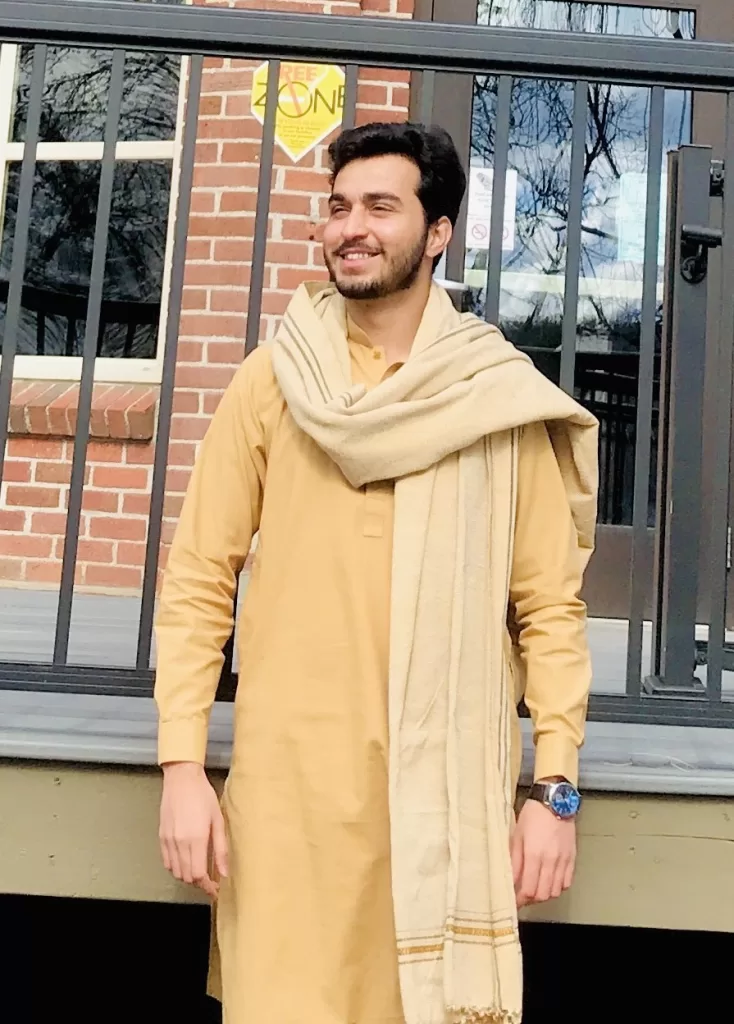
Peer Ali is a Law student at the University of Lahore and currently serving as COO at AlMadni Home for Special Persons. His education journey started at Misali Cadet School in Pir Mahal, where he completed his matriculation. He later secured a full scholarship to Akhuwat College in Lahore for intermediate studies, marking the beginning of a transformative phase in his life.
Experience at the Akhuwat College
My experience was truly enriching. The college’s unique environment, characterized by diversity and a commitment to social empowerment, set it apart from other institutes. The college brought together students from all over Pakistan, fostering a vibrant cultural exchange that broadened my perspective. The emphasis on character development, community service, and the core values of Eman, Ehsan, Ikhlas, and Infaq made Akhuwat College distinctively different from other educational institutions I had attended.
My experience with Dr Amjad Saqib has been inspiring and impactful. His visionary leadership as the founder of Akhuwat left a lasting impression on me. His dedication to social empowerment through interest-free microfinance programs is commendable. Working closely with him allowed me to witness firsthand the positive impact Akhuwat has on the lives of the less privileged. His guidance and commitment to creating positive change in society have been instrumental in shaping my aspirations for social contribution.
Memorable experiences or achievements at the college
Serving as the Head Boy at Akhuwat College was a significant achievement and a memorable experience. This role taught me valuable leadership skills, such as managing students and fostering a positive environment. The cultural exchange within the diverse student body also stands out as a memorable experience, allowing me to form lifelong friendships and learn about the rich cultures of every region in Pakistan. What I enjoyed most about attending Akhuwat College was the sense of community and shared purpose. The diverse student body, coupled with the college’s commitment to social service, created a unique and supportive environment. The emphasis on character development and the opportunity to contribute to the community through various initiatives made my time at Akhuwat College truly fulfilling.
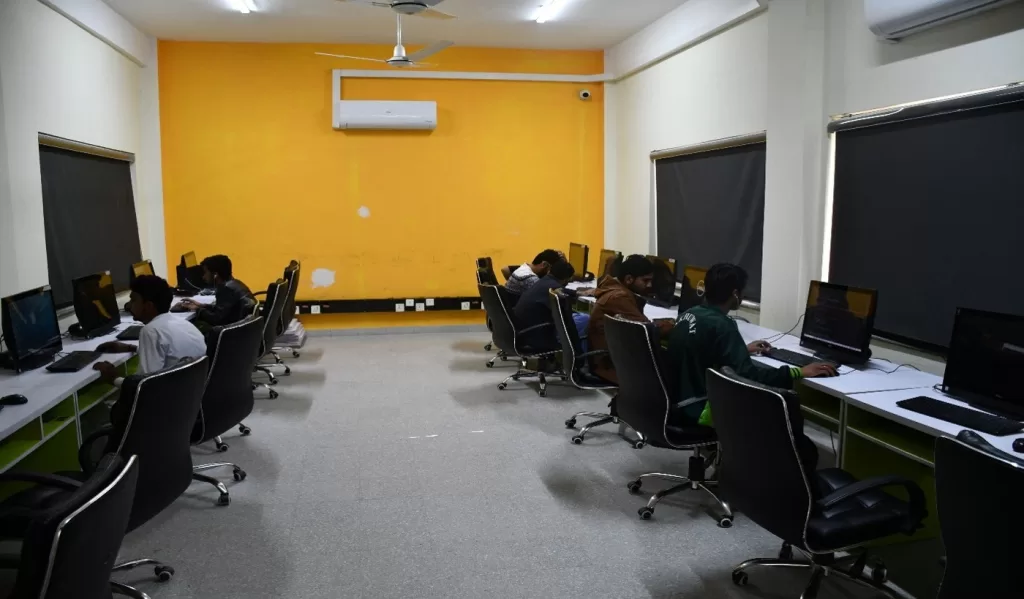
A Message to Corporate Sector
I would encourage other companies in Pakistan to consider the transformative impact of Akhuwat Foundation’s model. By incorporating principles of interest-free microfinance and a strong emphasis on social responsibility, companies can contribute significantly to poverty alleviation and community development. Akhuwat’s success story is a testament to the positive change that can be achieved through compassionate and inclusive initiatives.
Lessons learnt at the College
Akhuwat College instilled in me a sense of social responsibility and a commitment to making a positive impact in the world. The values of Eman, Ehsan, Ikhlas, and Infaq have become the guiding principles of my life. The leadership skills I developed coupled with the diverse experiences and cultural exposure, have prepared me to navigate the challenges of the future with resilience and a global perspective. It is because of the training at the college that I was admitted to the University of Lahore. The diverse academic environment and dedicated faculty contributed to my overall development. Additionally, as a Global UGRAD Scholar at Lewis-Clark State College (LCSC), I served as a cultural ambassador of Pakistan. This experience broadened my horizons, fostered intercultural understanding, and honed my communication skills. Studying American legal courses at LCSC enriched my academic perspective and formed lasting international connections. Both experiences, at my home university and in the U.S., have uniquely prepared me for my current academic pursuits and future professional endeavours.
Advice to current students at Akhuwat University
My advice is to embrace every opportunity for personal and academic growth. Actively participate in community service initiatives, engage with the diverse student body, and uphold the core values of Akhuwat. Your experiences at Akhuwat will shape not only your academic success but also your character and sense of social responsibility.
Fields that need improvement at the College
While Akhuwat College has achieved remarkable success, continual improvement is essential. Areas such as expanding academic programs, enhancing research opportunities, and fostering even greater diversity can contribute to the university’s growth. Striving for excellence in these areas will ensure that Akhuwat University remains at the forefront of providing quality education and social impact. My aspirations for the future include completing my law degree and using my education to contribute meaningfully to society. Inspired by Akhuwat’s commitment to social empowerment, I plan to actively engage in initiatives that promote education, especially for individuals with special needs. I aim to establish a fee-free university tailored for individuals with special needs, echoing the spirit of inclusivity and empowerment instilled in me by Akhuwat. In a country with a deepening economic crisis and high unemployment rate, such institutions with a focus on quality education and character building are incredible. This is a symbol of hope and a reason to believe in Pakistan. Ikram Sehgal, Co-Chairman of Pathfinder Group, has initiated a free education program for children of his employees. His vision is to empower youth especially women and include them in the digital and financial economy. This is only possible with quality education and a safe work environment for women. Akhuwat Foundation is one of the institutes which can bring a change in society. In conclusion, Akhuwat College for Boys stands as a beacon of hope and transformation in the realm of education. Guided by the principles of inclusivity, integrity, and community engagement, the college has successfully provided quality education to underprivileged students, empowering them to break the cycle of poverty. The commitment to holistic development, both academically and personally, sets Akhuwat College apart. Through innovative programs, dedicated faculty, and a strong emphasis on values, the institution has not only shaped the minds of its students but has also instilled in them a sense of social responsibility. As we reflect on the journey of Akhuwat College for Boys, it is evident that the impact goes beyond the classroom, reaching into the communities and fostering a brighter, more equitable future for all.


